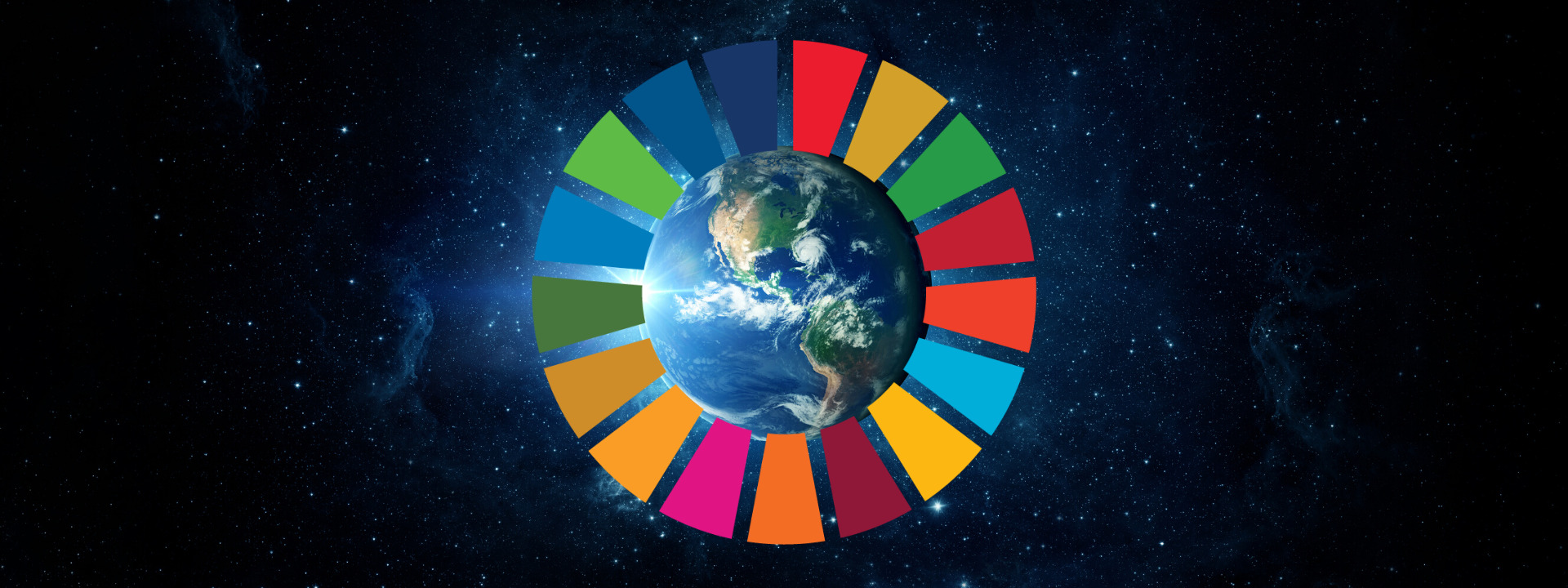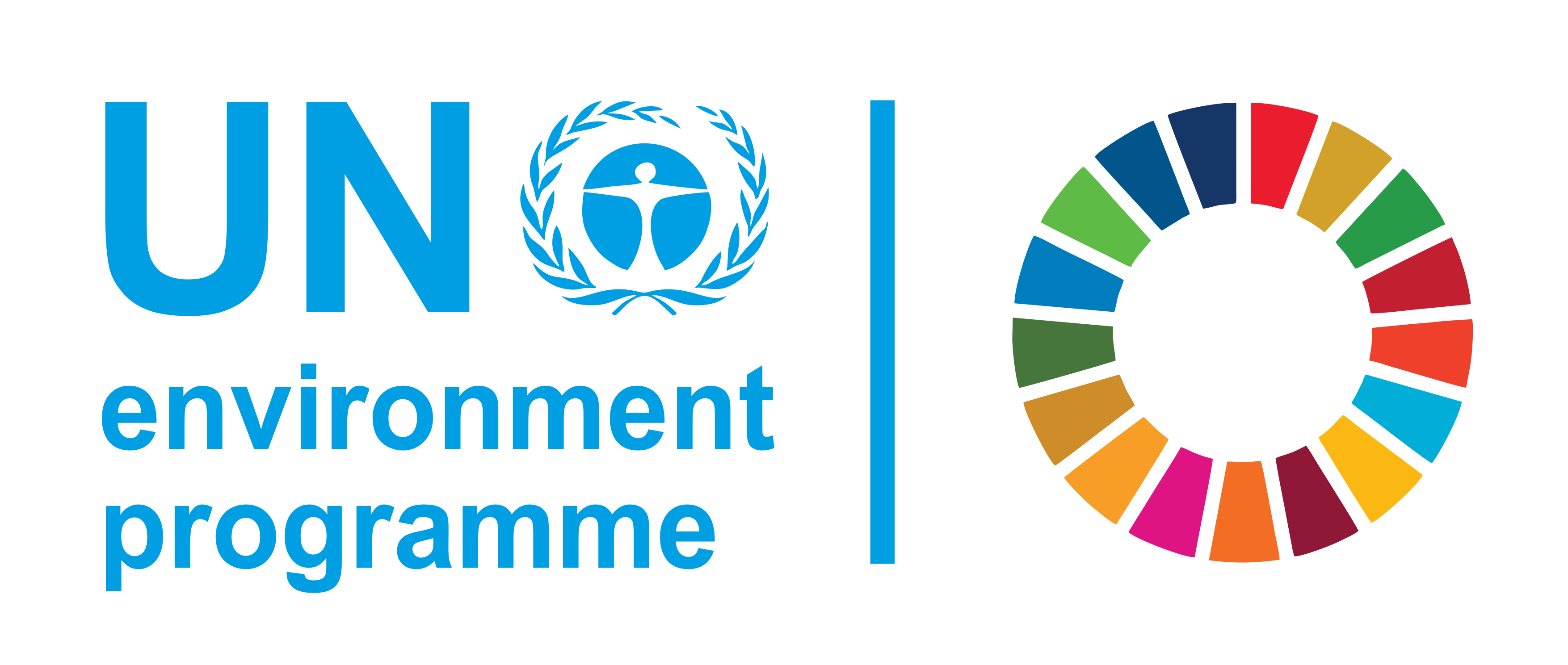
National Training Workshop: Framework for the Development of Environment Statistics (FDES 2013) in the Republic of South Sudan
Date: 2024-10-29 - 2024-10-31
Location: Juba, South Sudan
Indicators: ALL SDGs
Partners:
Topic: Environment Statistics
Overview
Before South Sudan gained independence in 2011, the region faced severe environmental challenges due to decades of civil war, limited infrastructure, and weak governance.
Conflict led to widespread displacement, deforestation, and land degradation, while unregulated resource exploitation and poor water management exacerbated environmental damage.
The population struggled with inadequate access to clean water, sanitation, and healthcare, leading to frequent humanitarian crises.
Economic development was hindered by underdeveloped infrastructure and a reliance on subsistence agriculture.
Efforts to improve the situation began with the 2005 Comprehensive Peace Agreement, which ended the civil war and brought international aid and development programs focused on recovery and sustainable environmental management.
Presentations
- Conceptual Foundation and Structure of the Framework for the Development of Environment Statistics (FDES)
- Component 1: Environmental Conditions and Quality
- Component 2: Environmental Resources and their Use
- Component 3: Residuals
- Component 4: Disasters and Extreme Events
- Component 5: Human Settlements and Environmental Health
- Component 6: Environment Protection: Management and Engagement
- Environment Statistics Self-Assessment Tool






